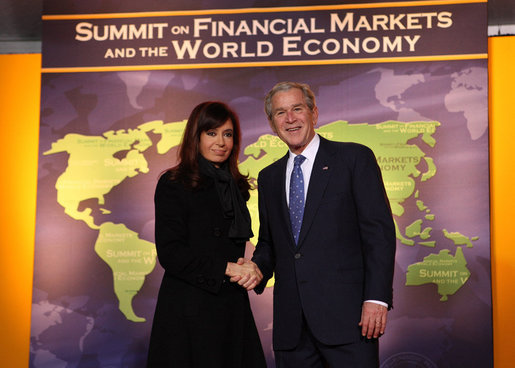China Initiates Investigation into Beef Imports Impacting Market Dynamics
Shares of JBS and other Brazilian beef exporters plummet as China launches probe into increased beef imports, stirring concerns in the global beef industry.

JBS Shares Plummet as China Initiates Investigation into Beef Imports
JBS SA, the largest meat producer in the world, saw its shares decline sharply along with several Brazilian beef exporters after China announced an investigation into its increasing beef imports. This situation raises alarm among beef producers and highlights the intricacies of the China beef import landscape as the Chinese beef industry evaluates the impacts on its local market.
Chinese Ministry of Commerce Inquiry
A statement from the Chinese Ministry of Commerce indicates that the inquiry will examine if the heightened quantity of beef imported from China is negatively influencing domestic producers. Driven by domestic industry associations, this investigation is anticipated to last for eight months, although additional time may be granted under specific circumstances.
Impact on Beef Exporting Countries
The threat of protective measures from China presents significant challenges for major beef exporting countries like Brazil, Argentina, and Australia, as well as suppliers from the United States. Following the announcement of the investigation, JBS's shares plummeted—experiencing a decline of up to 3%—making it one of the poorest performers on Brazil’s benchmark Ibovespa index. Other Brazilian companies, such as Minerva SA and Marfrig Global Foods SA, also reported severe losses, dipping by 3% and 7%, respectively.
Surge in China's Beef Imports
This inquiry comes against the backdrop of a notable surge in China's beef imports from 2019 to mid-2024, which has placed immense pressure on local cattle producers already facing challenges from falling prices due to oversupply and reduced demand. Brazil has established itself as a crucial supplier, contributing to approximately 50% of China's beef imports, while beef exports by country like Brazil are vital for meeting Chinese demand, accounting for about half of the nation’s beef output.
Response and Negotiations
Roberto Perosa, the president of the Brazilian Association of Beef Exporters, emphasized the hurdles posed by China’s actions but expressed confidence in Brazil's competitive position, even amid possible tariff increases. He is committed to broadening market access for Brazilian beef through negotiations with countries such as Japan, Vietnam, South Korea, and Turkey. In response to these developments, Brazil's Agriculture, Trade, and Foreign Relations ministries released a joint statement reaffirming the country’s commitment to proving that its beef exports bolster rather than harm the Chinese beef industry.
Implications for North American Beef Exporters
The investigation could also have significant implications for North American beef exporters. While US beef exports to China and Hong Kong increased by 16% in October—reaching their highest level in over a year—the overall exports from January to October decreased by 8%. The US Meat Export Federation is actively observing this evolving situation, fully aware of its potential repercussions on the US meat market.
As this scenario unfolds, all stakeholders will be closely monitoring developments to understand how it may transform the beef industry landscape and affect global markets in the coming months.





